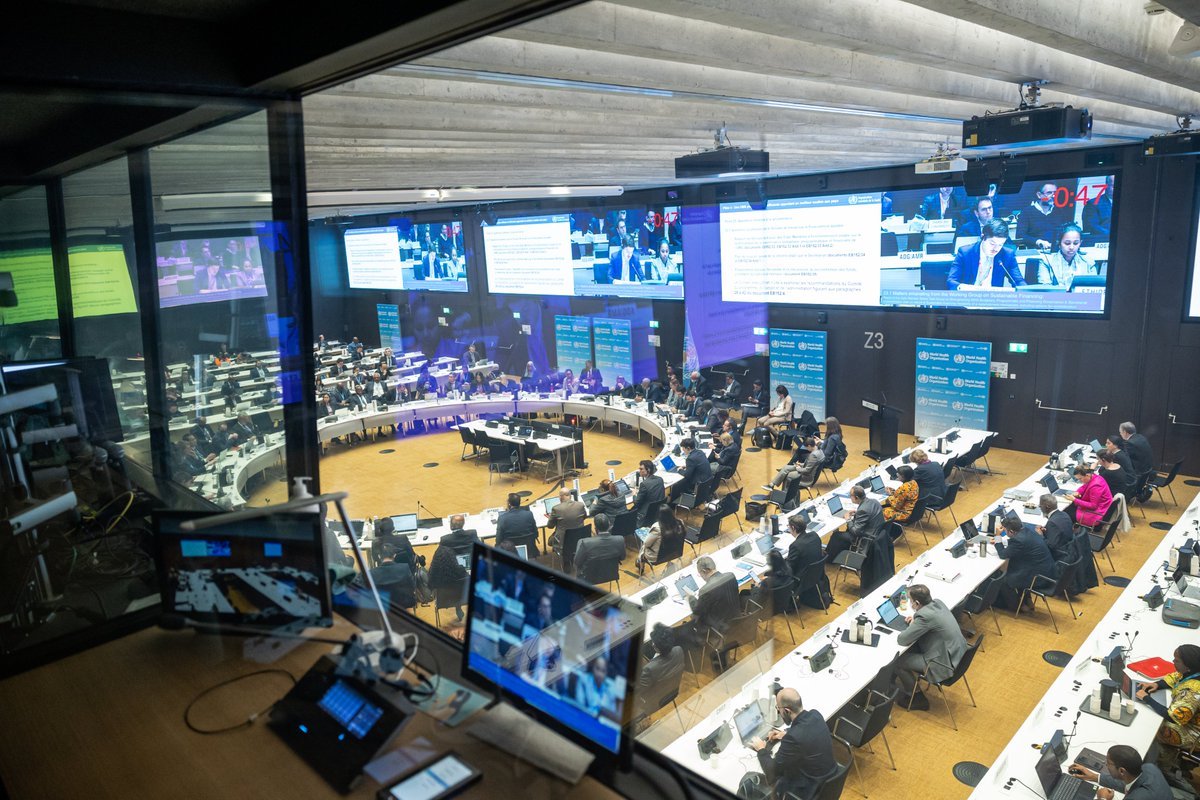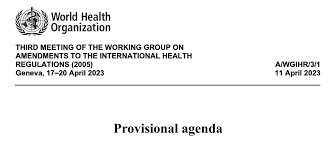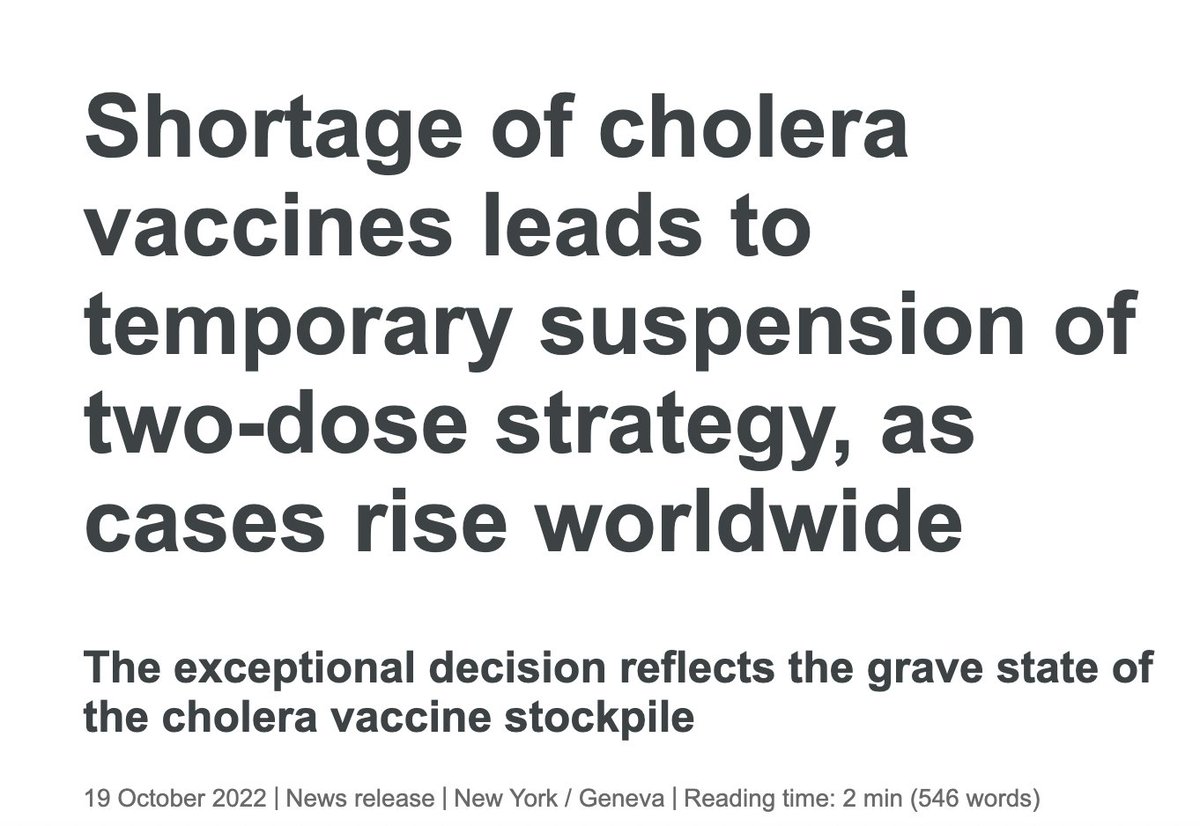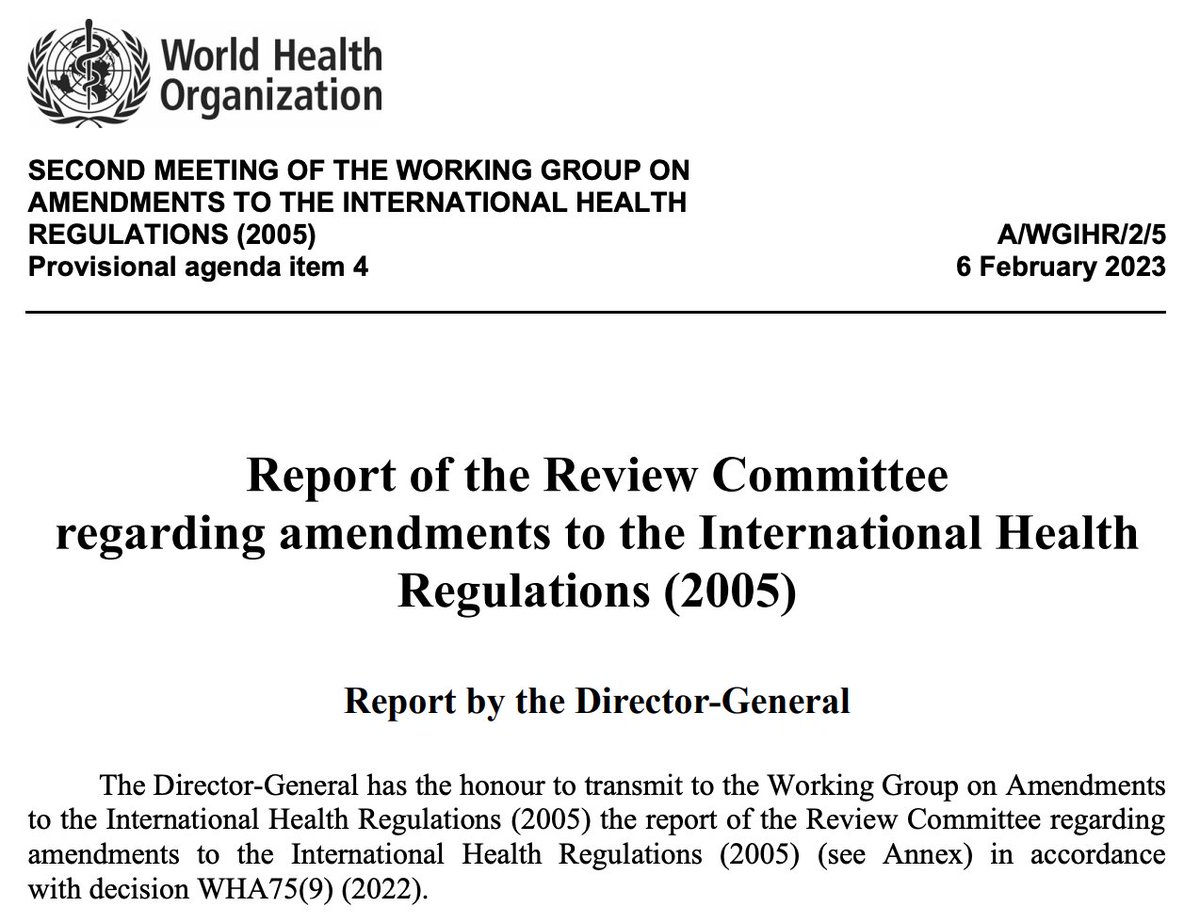Tuberculosis and COVID-12 both hit hardest people who are marginalized or in poor health.
There are strong synergies in actions required to prevent, prepare for and respond to both.
That's why we need high-level political UN commitments in September.
Sceptical? Read this 🧵
There are strong synergies in actions required to prevent, prepare for and respond to both.
That's why we need high-level political UN commitments in September.
Sceptical? Read this 🧵
Both TB and pandemic prevention, preparedness and response (PPR) require:
🕳 Closing the gap in prevention, treatment and access to care.
📚 Implementing evidence-based solutions
🚆 Accelerating research, development, rollout and access to medical countermeasures
🕳 Closing the gap in prevention, treatment and access to care.
📚 Implementing evidence-based solutions
🚆 Accelerating research, development, rollout and access to medical countermeasures

⬆️ Ramping up services for the vulnerable
🙋🏽♀️ Implementing an equitable, gender-sensitive, rights- and people-centred approach
🦠 Investing in infection prevention and control
🙋🏽♀️ Implementing an equitable, gender-sensitive, rights- and people-centred approach
🦠 Investing in infection prevention and control

As experienced during COVID-19, pandemics pose a significant threat to the gains achieved in TB prevention and control.
TB programs backslid for the first time in decades.
TB programs backslid for the first time in decades.

A concise, action-oriented PPR declaration can lay the groundwork for a healthy future.
We call on governments to:
🌍 Articulate a cohesive, shared, and multisectoral approach at national, regional and global levels.
We call on governments to:
🌍 Articulate a cohesive, shared, and multisectoral approach at national, regional and global levels.

🔗 Reinforce other initiatives, including the #PandemicAccord and IHR amendments.
🗺 Create a standing head-of-government and head-of-state level council to drive cohesive, ongoing vigilance and concerted action on current and future pandemic threats.
🗺 Create a standing head-of-government and head-of-state level council to drive cohesive, ongoing vigilance and concerted action on current and future pandemic threats.

💉🧫 Secure commitment to a new pandemic countermeasures framework.
💶 Secure commitment to domestic financing for health systems, as well as financing for PPR as a global public good.
💶 Secure commitment to domestic financing for health systems, as well as financing for PPR as a global public good.
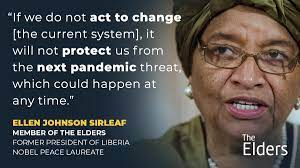
🪨 Secure commitment to ensure a well-functioning, sustainably financed WHO to support countries to reduce the risk of health emergencies.
📊 Secure agreement on a robust independent monitoring and accountability framework and hold a follow-up summit
📊 Secure agreement on a robust independent monitoring and accountability framework and hold a follow-up summit

Read more in our briefing note with @StopTB @PandemicAction @GFadvocates @UNU_IIGH on the outcomes required at the Pandemic Preparedness and Response High-Level Meeting in September.
bit.ly/PPRTBHLM
bit.ly/PPRTBHLM

• • •
Missing some Tweet in this thread? You can try to
force a refresh

 Read on Twitter
Read on Twitter

